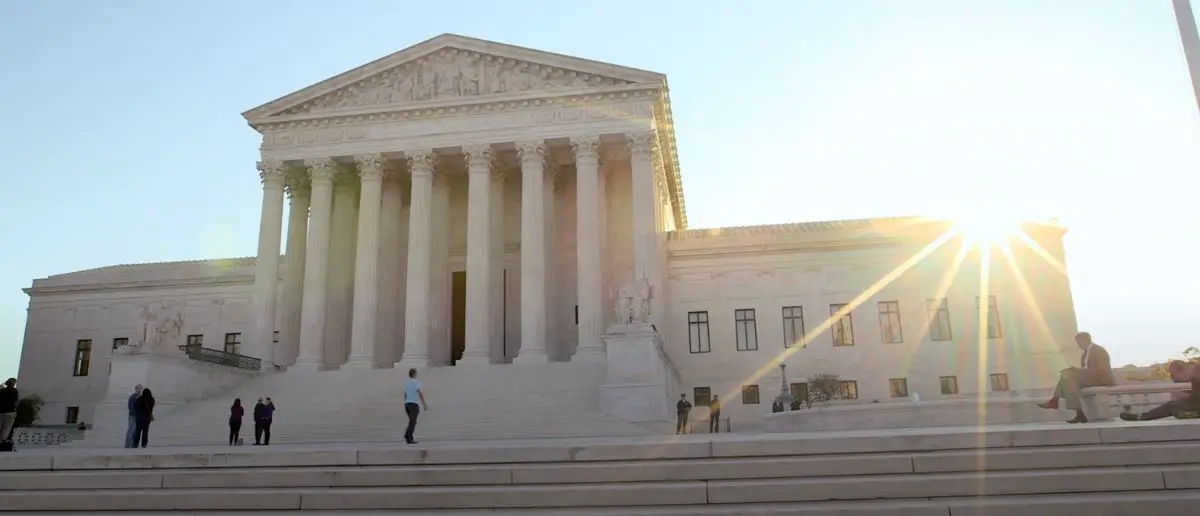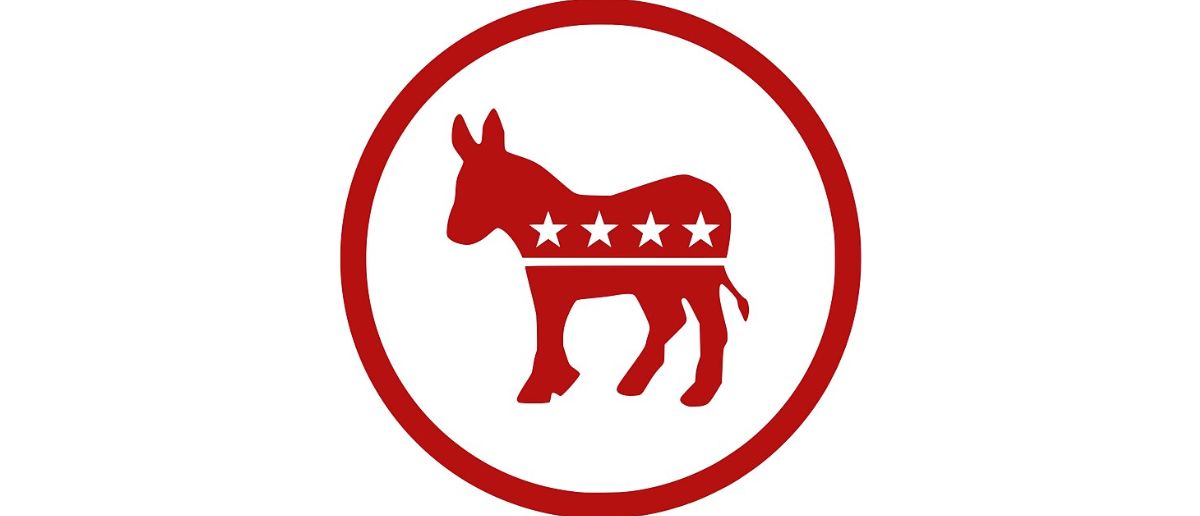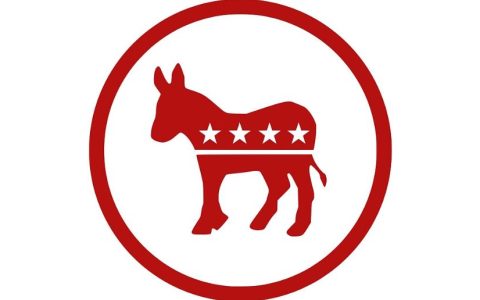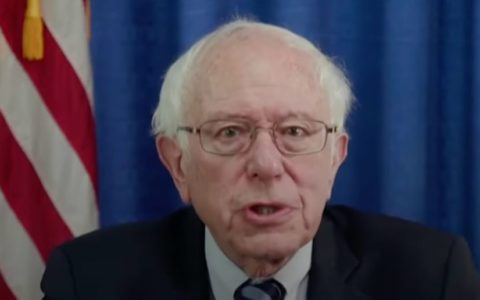
A critical emergency case is before the Supreme Court. The decision will be groundbreaking.
And now the U.S. Supreme Court’s been confronted by 24 different Attorneys General in a key 2024 election security case.
Dozens of States Rally Behind Arizona’s Citizenship Voting Law in Supreme Court Battle
Two dozen state attorneys general across the United States have joined forces in a legal push to support Arizona’s law requiring proof of U.S. citizenship for voting in federal elections. The coalition, composed mostly of Republican-led states, has filed amicus briefs with the Supreme Court, urging it to grant an emergency stay that would allow Arizona to enforce its law.
The Arizona Republican Party announced on Thursday that it had submitted an emergency application to the U.S. Supreme Court, seeking to overturn a ruling from the Ninth Circuit Court of Appeals. The legal dispute centers around Arizona’s HB 2492, a law mandating proof of citizenship to vote in presidential elections, even for mail-in ballots.
“The Constitution gives states the power to set voter qualifications, and Arizona is leading the charge to ensure ONLY CITIZENS vote in our elections,” the Arizona GOP said in a post on X. “This case could put an end to non-citizen voting once and for all, which should have been the case from the beginning.”
Excellent election integrity news.
24 Attorneys General from across the country have filed a brief supporting the RNC's Supreme Court fight to stop non-citizens from voting.
Republicans are working together like never before to defend election integrity. pic.twitter.com/AuBfJjdXGc
— Michael Whatley (@ChairmanWhatley) August 16, 2024
Arizona’s stance is strongly supported by attorneys general from 24 states, including Texas, Florida, and Georgia. The brief was formally submitted by Kansas and West Virginia. Other states joining the effort include Alabama, Alaska, Arkansas, Idaho, Iowa, Indiana, Kentucky, Louisiana, Missouri, Montana, Nebraska, New Hampshire, North Dakota, Ohio, Oklahoma, South Carolina, South Dakota, Utah, and Virginia.
The Dhillon Law Group, which is leading the legal challenge, argues that the district court’s ruling against the Arizona law is unconstitutional. Harmeet Dhillon, the group’s lead attorney, contends that the Constitution grants states the authority to require proof of citizenship as a condition for voting in elections. “The Court should therefore immediately stay the District Court’s injunction to the extent it interferes with Arizona’s constitutional power to choose how it appoints its presidential electors,” Dhillon asserted.
Advocacy groups are also weighing in on the issue. The Honest Elections Project, a non-partisan organization, voiced its support for Arizona’s position, stating that states have the right to require proof of citizenship, especially for mail-in voting. “We believe the Supreme Court should allow Arizona’s law to go into effect and allow states to secure their own elections,” the group stated on its website.
The Republican National Committee (RNC) has also filed an emergency application for a stay, arguing that voter integrity is under threat, particularly given the large number of undocumented immigrants in the country. The RNC claims that non-citizen voting is a growing problem that has been overlooked. “There is every reason to believe this problem of non-citizen voting has gotten worse, as the number of aliens in the United States has undeniably grown,” the RNC brief states.
BREAKING.🚨
A coalition of 24 State Attorneys General, and respective counsels, have filed amicus briefs with the U.S. Supreme Court in support of an Emergency Stay to allow the State of Arizona to require citizenship to vote in federal elections.
The Dhillon Law Group, on… pic.twitter.com/xKIWuY2IkQ
— Kyle Becker (@kylenabecker) August 16, 2024
The debate over Arizona’s law is part of a broader national discussion on voter fraud and election security, topics that have gained prominence in recent years. As the Supreme Court considers the emergency stay, the outcome of this case could have significant implications for how states regulate voter eligibility and manage their elections.
Arizona A Potential Key State to Win In November
Depending on how Pennsylvania votes this November, whoever wins Arizona may have the easier path to victory for a term in the White House by just peeling off a couple Rust Belt states in the process.
Republicans have carried an advantage in the state, but they are not resting on their laurels. The Republican Party sees the potential for fraud in the state and they want to do everything they can to prevent any shenanigans from going on this November.
The case before the U.S. Supreme Court is just a request to let portions of a duly passed Arizona law go into effect before the November election takes place. So this isn’t just an election integrity issue, it’s also a states’ rights issue as well.
Stay tuned to the DC Daily Journal.





